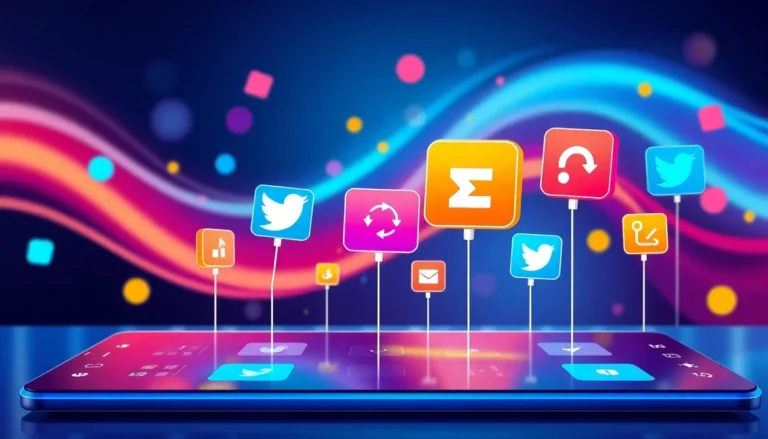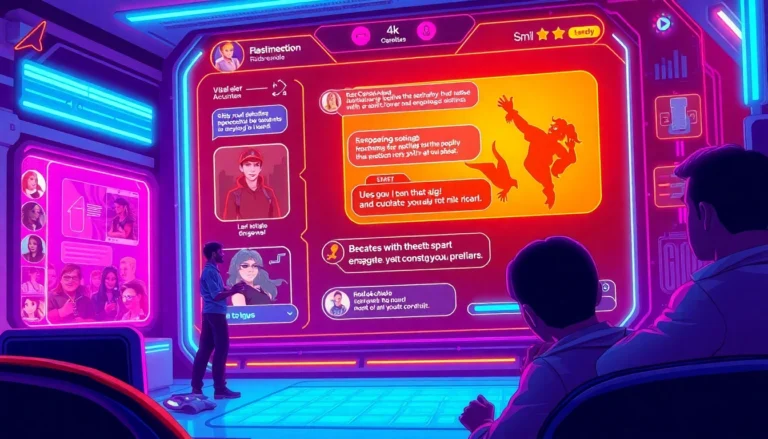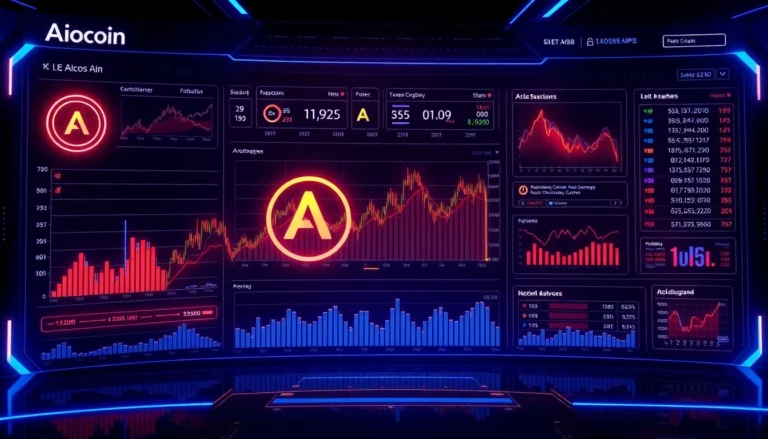Understanding the Basics of Technology
Definition of Technology
Technology refers to the application of scientific and mathematical knowledge to improve the way we live, work, and interact with our world. It symbolizes the fusion of knowledge and innovation and encompasses a vast array of tools, systems, and processes we use on a daily basis. According to technology definitions prevalent across multiple disciplines, technology can range from practical inventions like machines and gadgets to complex systems that manage data and enhance communication. In essence, it’s the method by which human ingenuity seeks to simplify tasks and solve problems.
Types of Technology Used Today
Today, technology is categorized in numerous ways based on its application and industry. Some primary types include:
- Information Technology (IT): This includes computers, networks, software, and databases that manage information and aid in communication abilities.
- Biotechnology: It employs biological systems and living organisms to develop or create products, notably in the pharmaceutical industry.
- Green Technology: This focuses on sustainable practices like renewable energy sources and environmentally-friendly processes.
- Consumer Electronics: Devices aimed at the end-user market, such as smartphones, tablets, and smart home technologies.
- Transport Technology: Innovations in vehicles, such as electric cars and high-speed trains, that enhance transportation efficiency.
Everyday Technology: Examples in Daily Life
Everyday technology manifests in forms that often go unnoticed yet significantly impacts daily lives. The following examples illustrate this point:
- Smartphones: These multifunctional devices integrate communication, entertainment, and productivity applications, fundamentally altering social interactions.
- Smart Homes: Ranging from smart thermostats to home security systems, these technologies provide convenience and security through automation and connectivity.
- Wearable Technology: Devices like fitness trackers and smartwatches monitor health metrics and enhance personal well-being.
- Streaming Services: Platforms like Netflix and Spotify revolutionized how we consume media, providing access to vast libraries of content at our fingertips.
Historical Context of Technological Advancements
Evolution of Technology Through the Ages
The evolution of technology can be traced back to ancient civilizations, where simple tools established the foundation for our modern innovations. From the invention of the wheel to the printing press, each technological milestone has paved the way for advancements in various fields. For instance, the Industrial Revolution marked a significant turning point, introducing machinery that dramatically transformed manufacturing processes and societal structures.
Major Milestones in Technological Innovation
Some crucial milestones that redefined technology include:
- The Steam Engine (18th Century): Propelled the Industrial Revolution, improving transportation and manufacturing capabilities.
- The Telephone (1876): Allowed real-time communication over long distances, revolutionizing personal and business communication.
- The Computer (mid-20th Century): Introduced digital computation, fundamentally changing how data is processed and analyzed.
- The Internet (late 20th Century): Transformed communication, commerce, and information sharing across the globe.
How History Shapes Current Technology Trends
The response to historical demands for efficiency and connectivity has shaped today’s technology landscape. Current trends in automation, mobility solutions, and the shift toward cloud computing echo past advancements while addressing modern challenges, such as remote work and global connectivity. Understanding historical milestones helps predict future innovations and identify patterns that may guide the developmental trajectory of technology.
Current Trends in Technology
Emerging Technologies and Their Applications
As we navigate through the digital age, several emerging technologies are reshaping industries. Here are key trends to watch:
- Artificial Intelligence (AI): AI algorithms are being integrated across sectors for predictive analytics, machine learning, and natural language processing, providing significant breakthroughs in healthcare, finance, and customer service.
- Blockchain Technology: Beyond cryptocurrency, blockchain provides secure, transparent transaction records, impacting supply chains, healthcare records, and digital identity management.
- Internet of Things (IoT): IoT devices facilitate connectivity and data exchange among everyday objects and systems, enhancing automation and efficiency in homes and industries.
- Virtual Reality (VR) and Augmented Reality (AR): These technologies are providing immersive experiences for training, entertainment, and virtual collaboration.
Impact of Technology on Communication
With the advent of mobile and internet technologies, communication has evolved considerably. Platforms like social media, instant messaging, and video conferencing tools allow users to connect instantaneously regardless of geographic boundaries. This evolution fosters globalization, enabling cross-cultural exchanges and business collaborations. However, it also raises challenges surrounding information overload and a decline in face-to-face interactions.
Green Technology: Innovations for Sustainability
In response to climate change and environmental challenges, green technology has emerged as a critical field of innovation. Advances in renewable energy, such as solar panels and wind turbines, aim to reduce reliance on fossil fuels. Additionally, breakthroughs in sustainable agriculture incorporate technology to increase crop yields while minimizing ecological impacts, exemplifying the significant role technology plays in creating a greener future.
Challenges and Ethical Considerations in Technology
Privacy Concerns in the Digital Age
As technology advances, so do concerns about personal privacy and data security. High-profile data breaches and rising instances of cybercrime highlight the vulnerabilities inherent in our increasingly digital world. Companies must adopt robust cybersecurity measures and transparent data management policies to protect user information and build trust.
Technological Dependence and Its Implications
The reliance on technology can lead to several socio-economic implications, including reduced human interaction and over-dependence on automated systems. The balance between leveraging technology for efficiency and maintaining essential human skills is crucial. Awareness and education are necessary to navigate the complexities of this dependence while fostering resilience in skill development.
Addressing the Digital Divide Across Societies
The digital divide remains a pressing issue as technological advancements evolve at an unprecedented pace. Many communities, particularly in rural areas and developing nations, lack access to modern technologies, hindering economic opportunities and educational access. Bridging this gap necessitates investments in infrastructure, education, and community programs to ensure inclusive access to technology and the benefits it provides.
The Future of Technology: What Lies Ahead?
Predictions for Technological Innovations
The future of technology is likely to encompass further integration of AI across various sectors, representing not just automation of tasks but also collaborative enhancements that augment human capabilities. Additionally, the development of quantum computing promises to revolutionize data processing speeds, unlocking new potentials for research and industry applications.
The Role of Artificial Intelligence in Shaping Future Tech
As AI continues to evolve, its capabilities will dominate discussions surrounding ethical standards, employment implications, and new business models. From personalized learning experiences in education to advanced healthcare diagnostics, AI is anticipated to enhance industries, offering solutions rooted in robust data analytics.
Preparing for Technological Changes: Skills for Tomorrow
With technology’s rapid advancement comes the need for an equally adaptive workforce. Emphasizing STEM education, digital literacy, and continuous learning will prepare individuals for careers that will emerge in response to innovations. Emerging skills in AI, data analysis, and cybersecurity will be particularly crucial as sectors continue to evolve in alignment with technological trends.








